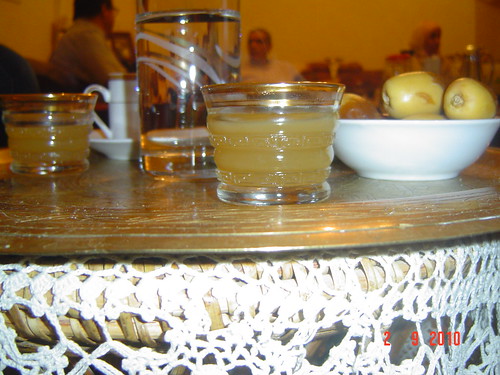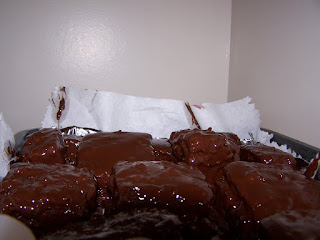My Story
Black as the devil, Hot as hell, Pure as an angel, Sweet as love."~Charles Maurice de Talleyrand
I remember the times when I used to accompany mom around Beirut , in buying grocery from local shops, known in Lebanese as “dekkaneh”. Supermarkets back then weren’t ubiquitous. I used to nag about the fact that she would take me from shop to another till she finds that secret ingredient for the food that she wants to cook, or that special butchery that offers delicate meat.. But the only favorite part I used to get excited about was entering the Coffee Roaster. Just smelling the aroma of the bean roasting was the only thing that would shut me up. “Bin maa’ Heil” (. (Or coffee with cardamom) shouts my mom to the vendor over the machine. The picture in my head is pure : I stand below the machine , watch the vendor weighing the beans in a stainless steel bowl. I hear the beans hitting the stainless steel bowl, then the beans are devoured by the grinder. And here all the heavenly aromas are released.
She was ordering the Levant coffee which is based on the Turkish brewing method, and widely spread in Lebanon and Syria. This Turkish coffee is either roasted with cardamom or stays plain (qahwah sādah) according to the buyer’s taste.
Turkish coffee served by Mom for her neighbors or visitors was a daily habit. As I a grew older, I was allowed to drink the Turkish coffee, especially if I had exams during my high school years and I needed to overnight.
During the holy month of Ramadan , and as a Saudi Arabian tradition dictates, mom prepares the Arabic coffee ( made from green beans) after every fasting. It brings sooth after breaking the fast and eases digestion.Arabic coffeem makes its appearance in our house during more “ethnic” holidays such as Ramadan and Eid..Humans are indeed creatures of habits.
This Arabic coffee is characterized with the overwhelming aroma and flavor of cardamom, and sometimes other spices like saffron that usually gives it a golden color, as well as the odors of cloves, and sometimes cinnamon. It is mostly served with dates for the sugary taste, because sugar can’t be added to the coffee.
 |
| Arabic Coffee drank in Najd area mostly |
Coffee making is an alchemy by itself ; millions of varieties, different blends, distinct flavors , added ingredients like milk, chocolate,cream…etc ( Check this interesting
infographic ) and even coffee choice depends on each one's taste (Coffee Matching according to taste :
Coffee Matching)
But that’s
not the whole story here. This is just my story. Coffee roasters aren’t wide spread anymore like a decade ago, coffee was replaced by vacuum packaged bags that can be just grabbed from any supermarket. There is no roasting. There is no overwhelming smell. The magic has gone.
And if one would analyze the reason behind this,it is because of the rise of prices of coffee.
The fresh roasted coffee mom bought costed only few dollars per kilogram, whereas now the kilograms costs atleast 20 dollars!
Blame it on the oil prices, blame it on global policies. Blame it on the industry. The coffee prices will continue to soar! But are coffee farmers gaining wealth with all this soar?
From now, I will talk about the story of the coffee beans from the farmers point of view.
It is their story...





